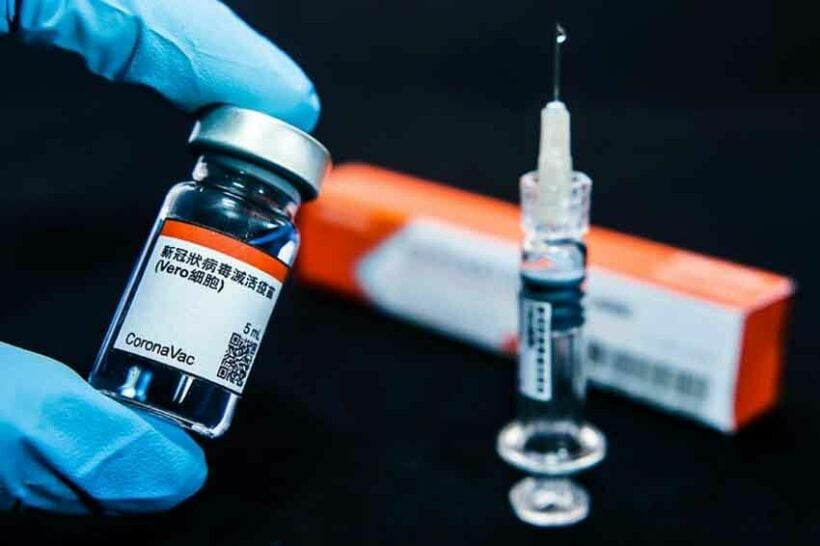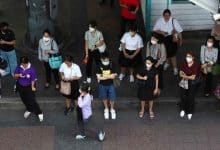Chinese study confirms Sinovac vaccine safe for over 60s

Health officials in Thailand say there is no need for concern about use of the Sinovac Covid-19 vaccine the over 60s, after a Chinese study confirmed it is safe. Sophon Mekhton from the Public Health Ministry says the independent study should reassure everyone about the vaccine’s safety in the older age group. According to the Bangkok Post, the study also confirms the manufacturer’s claims that 2 doses can prevent transmission in other age groups.
According to Sophon, earlier concerns about the vaccine were the result of a lack of adequate data involving the over 60s. Now that many people in that age group around the world have been inoculated with the Sinovac vaccine, it has been confirmed as safe. Sophon adds that people shouldn’t cling to out-of-date information, a reference to an earlier statement from the World Health Organisation that the vaccine could carry a low risk of serious side effects in those aged over 60.
Sophon says that there is always a risk with all vaccines, but the chances are very slim, adding that there are measures in place in the event of someone experiencing adverse side-effects.
While the government has previously stated that AstraZeneca will be the primary vaccine in Thailand’s national rollout, a lack of adequate supplies, coupled with a third, highly contagious wave, have led to a temporary switch to Sinovac. To date, 3.5 million doses of the Chinese vaccine have been imported, with another 500,000 donated by China set to arrive this week, followed by 2 million purchased by the Government Pharmaceutical Organisation.
Meanwhile, a former dean from the Faculty of Economics at Rangsit University is calling on the government to compensate families where someone has died as a result of receiving a Covid-19 vaccine. Anusorn Tamajai says offering between 8 and 12 million baht in compensation would boost people’s confidence in vaccine safety. He adds that healthcare workers should also be paid more, in recognition of their hard work and the risks they face.
SOURCE: Bangkok Post
Latest Thailand News
Follow The Thaiger on Google News:


























